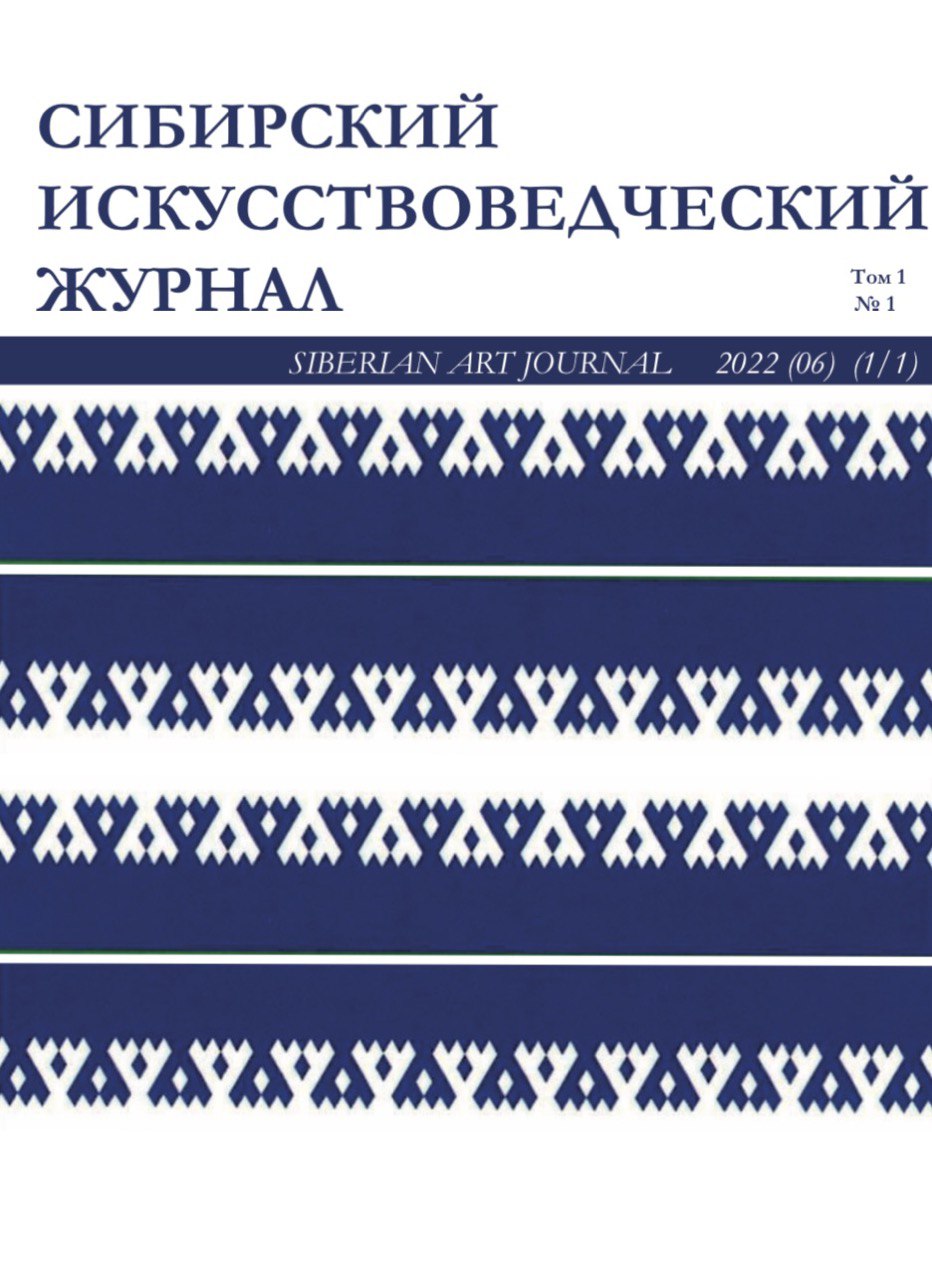student from 01.01.2021 to 01.01.2024
Authorship in cinema remains an important theoretical issue, especially given its collective nature. Despite the participation of many specialists, it is the director, according to the theory of authorship by André Bazin and Cahiers du Cinéma, who is considered the main bearer of artistic intent. This article analyzes the work of Jane Campion, whose films are distinguished by visual, narrative and thematic integrity, demonstrating a formed authorial style. The study of her authorial style is carried out on the material of the films "The Piano" and "The Power of the Dog", in relation to which the philosophical and art criticism analysis of V.I. Zhukovsky and N.P. Koptseva is applied, as well as the theory of circles by E. Sarris, which allows us to identify recurring elements in the director's work. The study of the authorial style of Jane Campion allowed us not only to understand the specifics of modern female cinematic language, but also to trace how the paradigms of cinematic creativity themselves are changing in the 21st century.
art-house cinema, Jane Campion, The Piano, The Power of the Dog, authorship theory, visual style
1. Andreev A. I. (2013). Auteurism, art house and art-cinema: origins of the concept of “auteur cinema” in the foreign film studies tradition. State Public Historical Library, 102–103, 168–194 [in Russian].
2. Bazin A. (1972). Does cinema remain an art? (M. B. Yampolsky, trans.). In A. Bazin, What is cinema? Selected articles (I. V. Belenky, comp., pp. 76–92). Moscow: Iskusstvo [in Russian].
3. Zhukovsky V. I., Koptseva N. P. (2004). Propositions of the theory of fine art: a study guide. Krasnoyarsk: Krasnoyarsk State University, 265 [in Russian].
4. Zhukovsky V. I. (2011). Theory of fine art. Saint Petersburg: Aleteya, 496 [in Russian].
5. Zhurkova D. A., Yakovenko A. A. (2012). Musicians on the contemporary screen. Science of Television, 9, 231–244 [in Russian].
6. Zvegintseva I. A. (2019). Terra Incognita cinema. Iskusstvo kino, 5, 45–53 [in Russian].
7. Zvegintseva I. A. (2018). Small screen and big ambitions: Australian TV series in the cultural context of the country. Vestnik VGIK, 3(37), 117–127 [in Russian].
8. Sarris A. (2010). Notes on the auteur theory (A. Zaitseva, trans.). In Film theories: from Eisenstein to Tarkovsky (pp. 215–230). Moscow: Iskusstvo kino [in Russian].
9. Truffaut F. (1988). A certain tendency of the French cinema (trans. from French). In French cinema (pp. 123–135). Moscow: Iskusstvo [in Russian].
10. Tugushi S. A. (2014). Auteur cinema as a phenomenon of 20th-century culture. Vestnik of Moscow State University of Culture and Arts, 3(59), 215–222 [in Russian].
11. Fomenko S. A., Fomenko M. V., Ugriumova M. V. (2023). On the history of world cinema: the evolution of the concept of authorship in film art in the 1950s–2000s. Contemporary scientific thought, 5, 133–139 [in Russian].
12. Demiray B. G. (2014). Authorship in cinema: Author & reader. CINEJ Cinema Journal, 4(1), 19.
13. Sarris A. (1962). Notes on the auteur theory in 1962. Film Culture, (27), 1–8.





